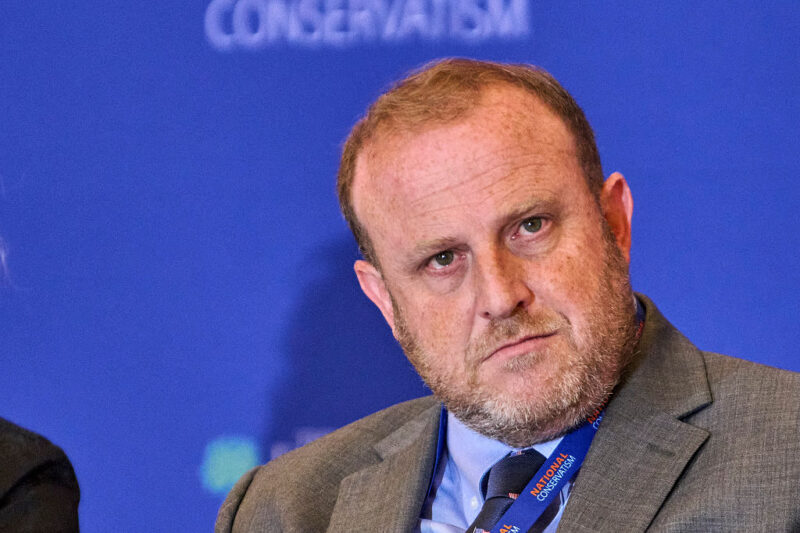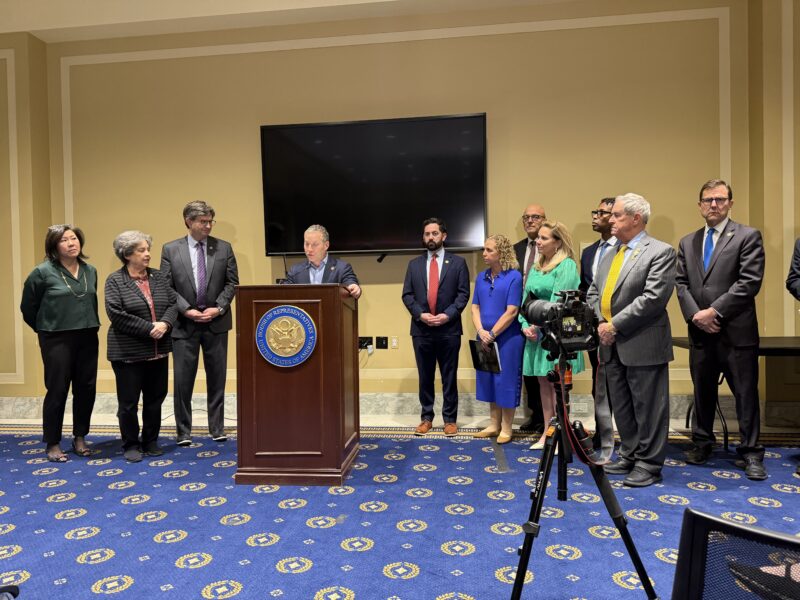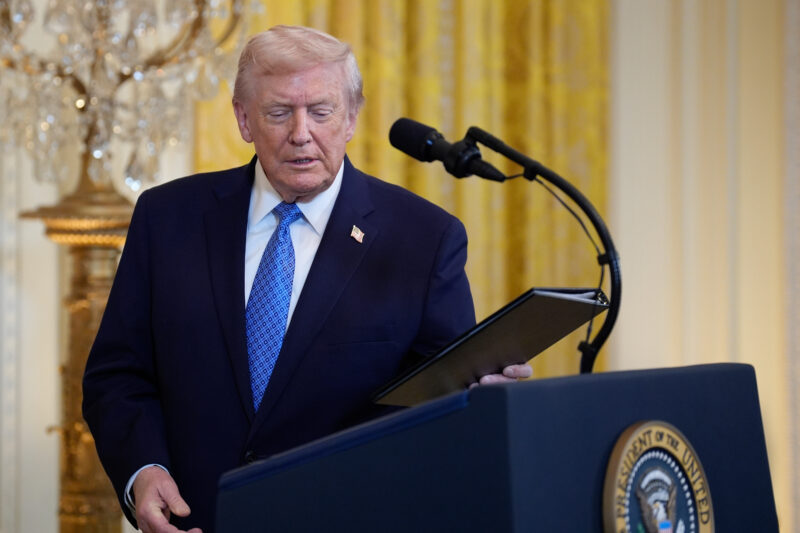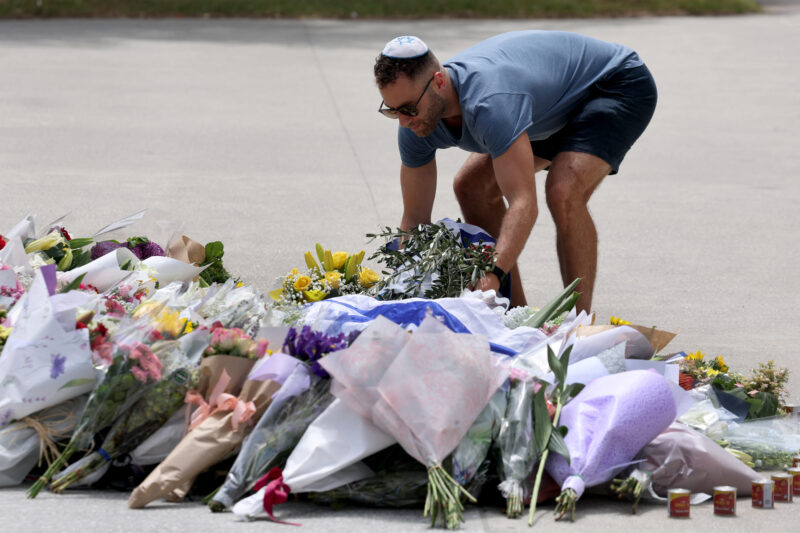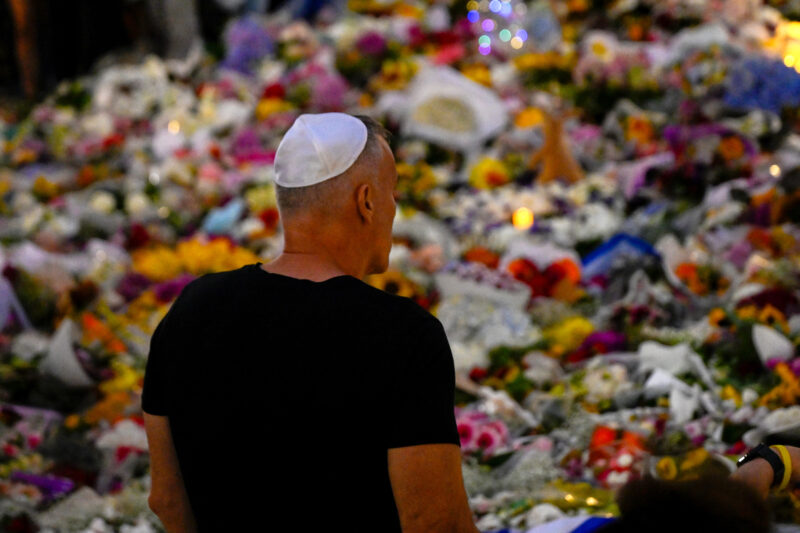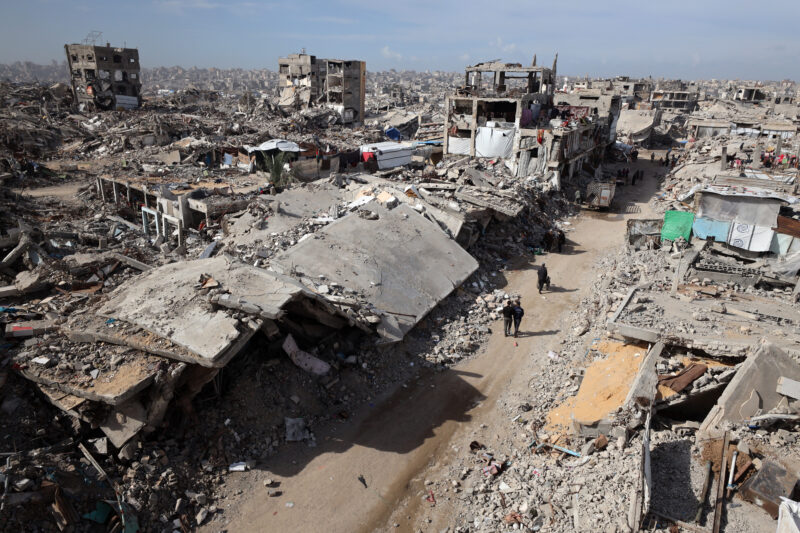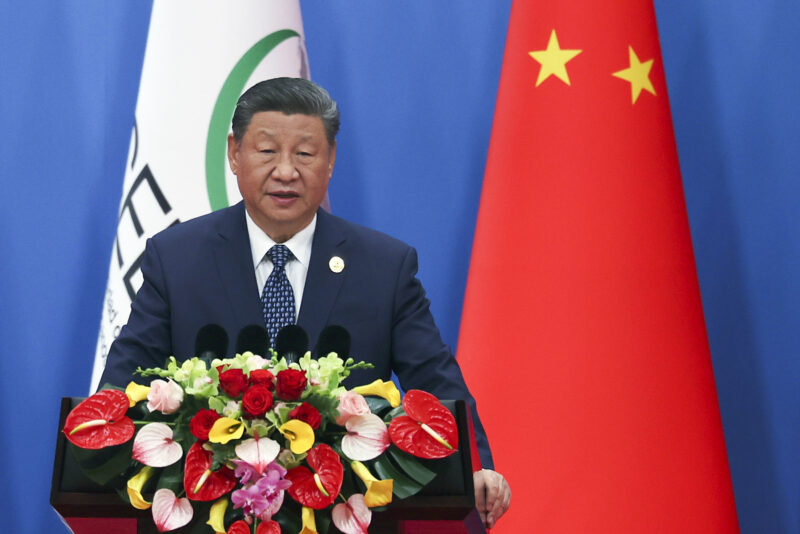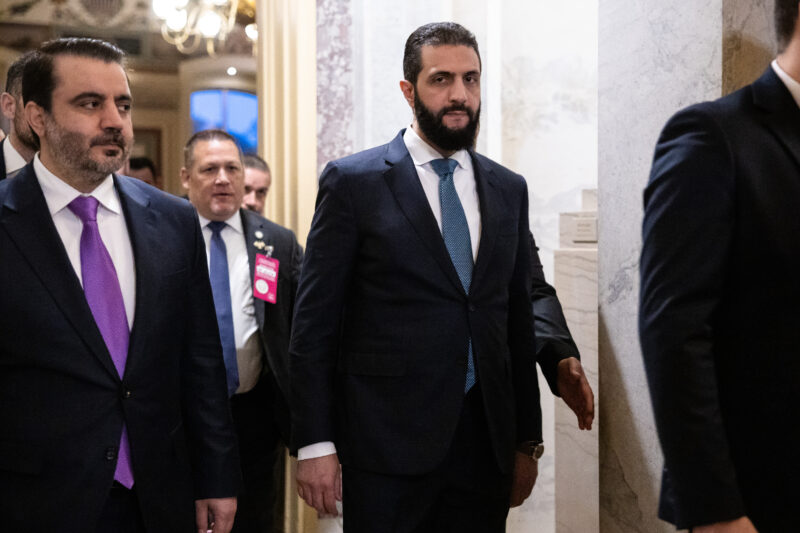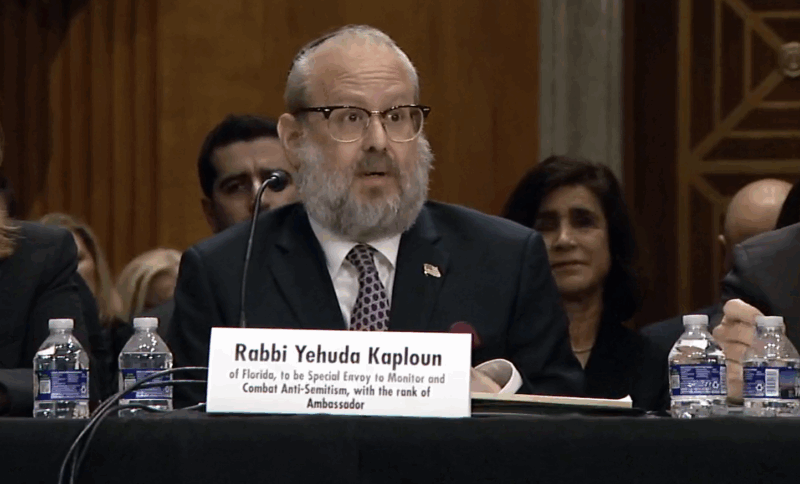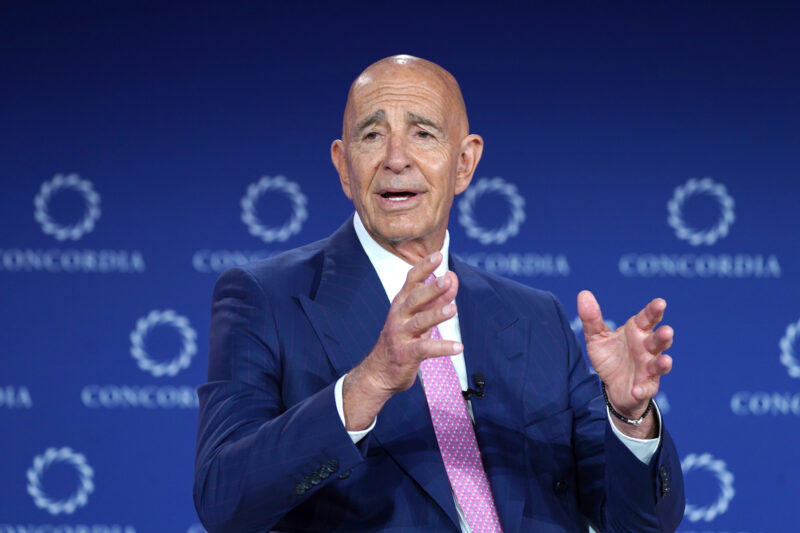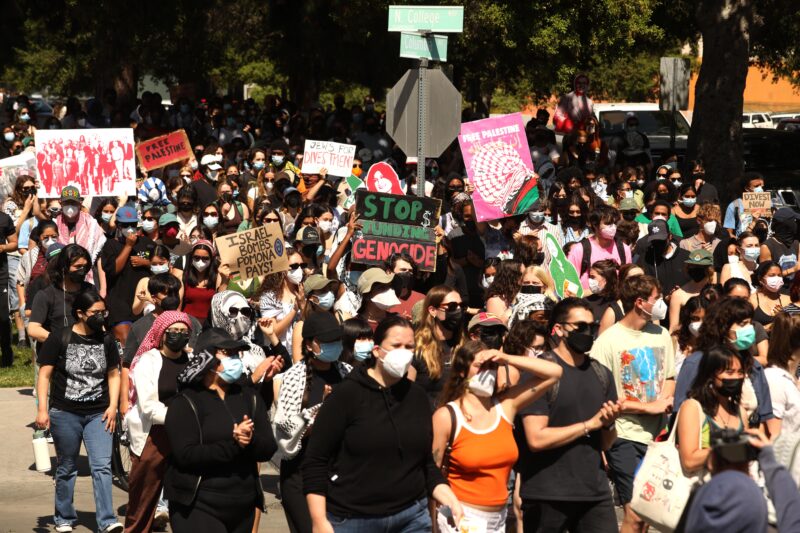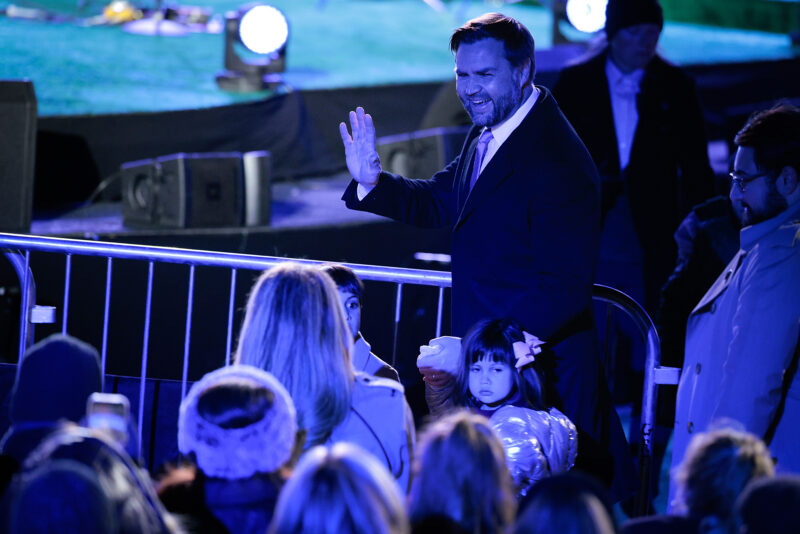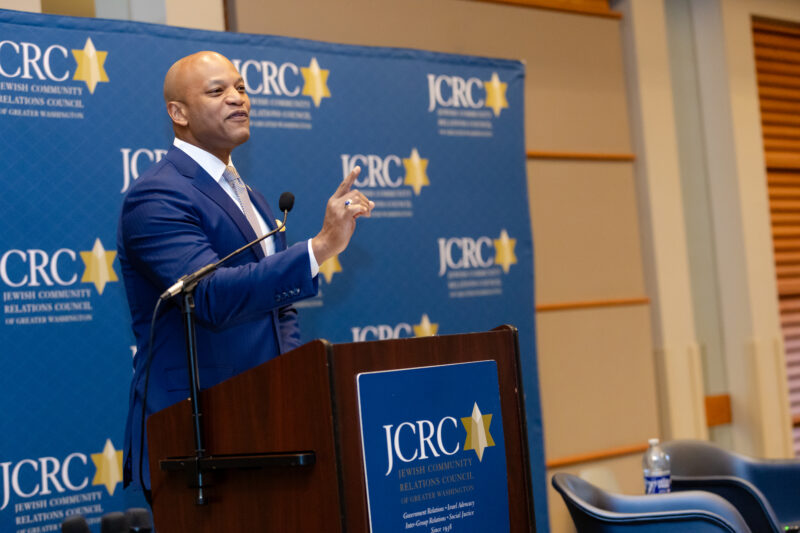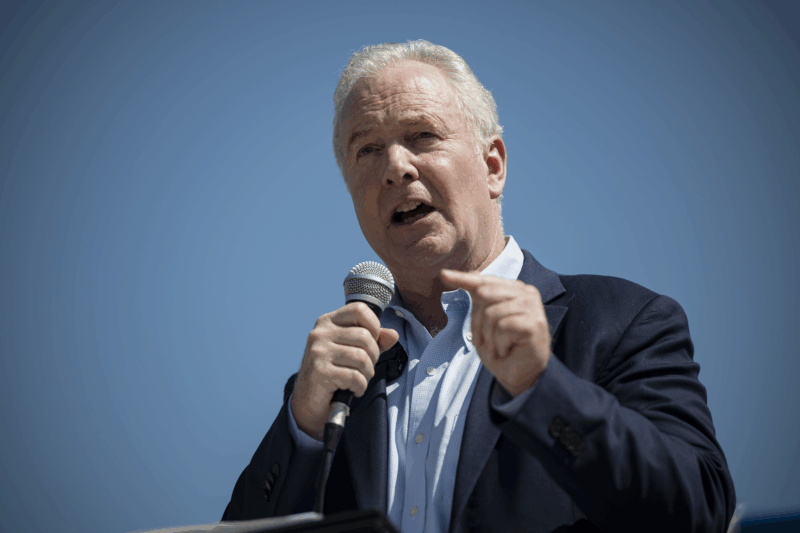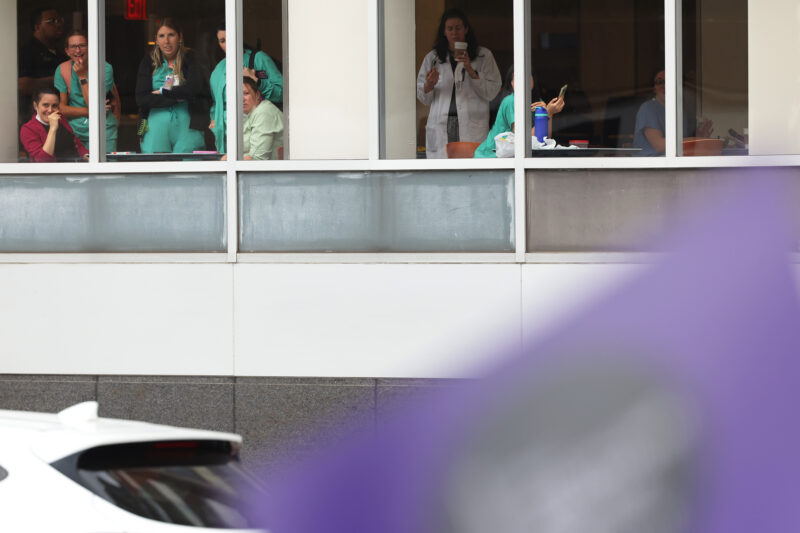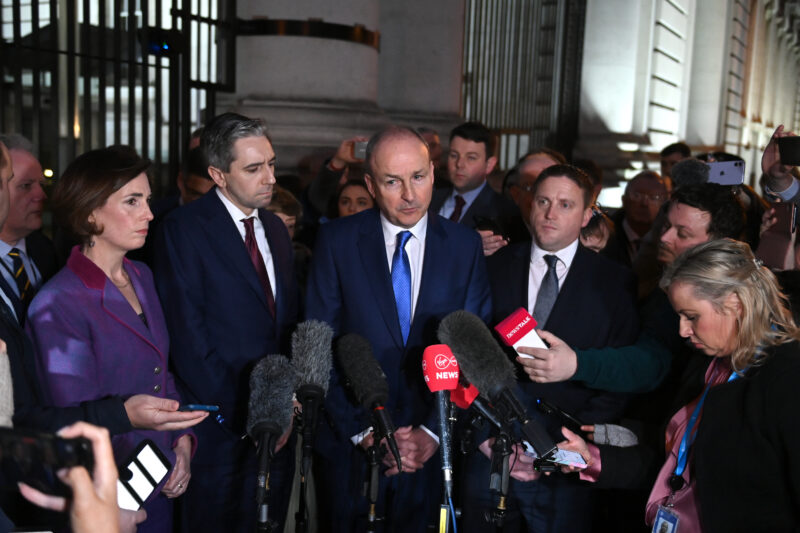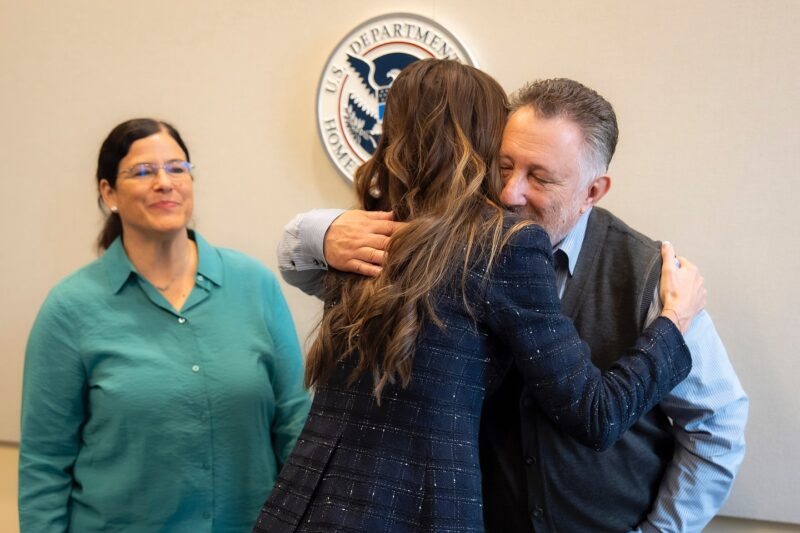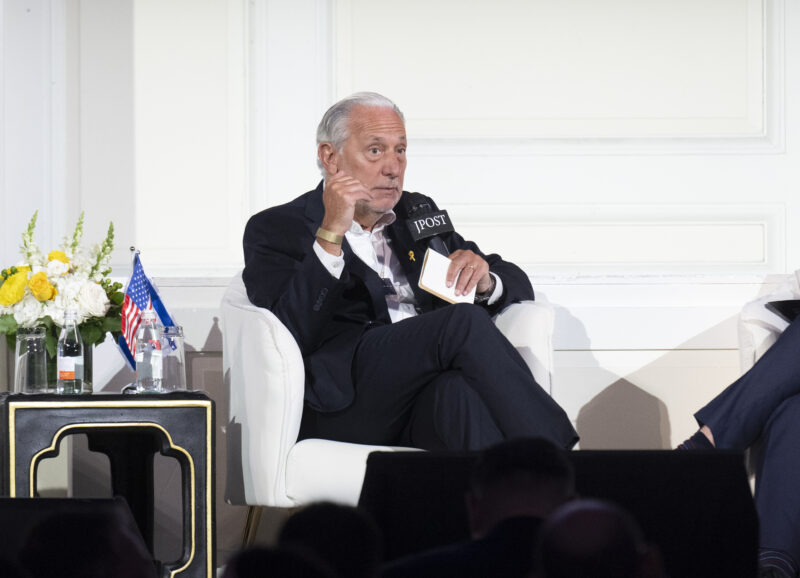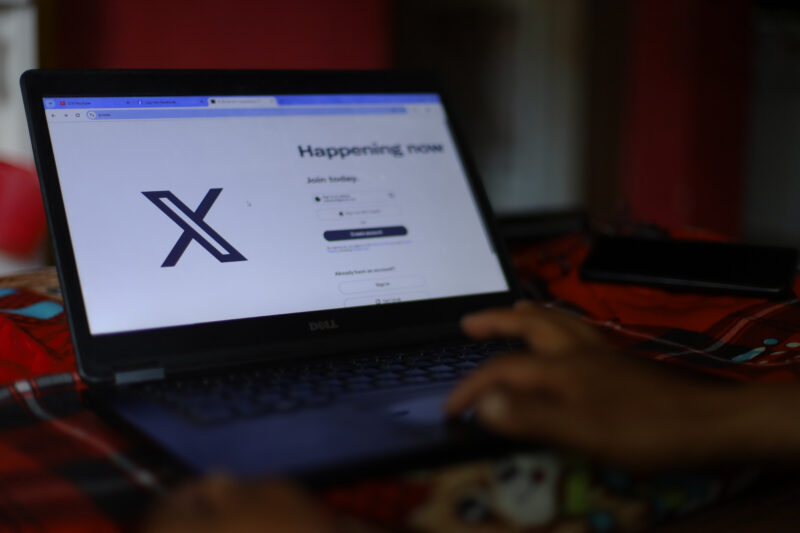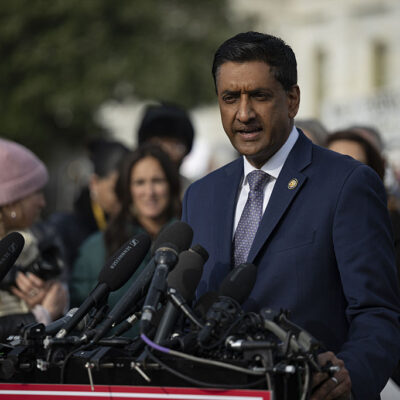Why Bernard-Henri Lévy thinks supporting Israel is a matter of human rights
The acclaimed French philosopher argues that Israel’s battle against Hamas is part of an existential battle for the West against authoritarian enemies

Courtesy/Marc Roussel
'Israel Alone' cover/Bernard-Henri Lévy during a visit to Kfar Aza, Israel.
Despite the sobering title of his new book, Israel Alone, the French philosopher Bernard-Henri Lévy does not truly believe the Jewish state is lacking in friends. In fact, he thinks all democrats — with a lowercase “d” — should be aligned with Israel in the wake of the Oct. 7 terror attacks as the Jewish state stares down an increasingly tangible Iranian threat.
“It is not only the Jews who are concerned. It is really in the existential interest of the West. But not only the West — the Global West,” Lévy told Jewish Insider in an interview on Monday amid a spate of public appearances in the United States to promote his new book’s publication in English.
That’s not because Lévy expects people around the world who support democracy to reflexively back Israel. He knows that would be naive. Instead, he thinks supporting Israel is needed because Hamas’ murderous incursion into southern Israel last year represents a turning point for the cadre of anti-democratic forces gaining ground around the world.
“I knew that there was a constellation of forces which were aligning with each other — Iran, China, Russia, Turkey, radical Islam like the Taliban and [the] Muslim Brotherhood. But I was not sure that the process was so advanced,” Lévy explained. By “Global West,” he means supporters of democracy anywhere, even those living under authoritarian regimes.
Israel’s battle against Hamas in Gaza is more than a small regional fight against a terror group, Lévy argues. It’s an existential battle for all of the West against Iran, and the other authoritarian nations with which Tehran aligns itself.
“I think of my friends, Iranian women who go to Tehran and Isfahan with fire in the wind, if I think of my friends — lawyers in jail in Turkey — I’m really concerned for them if Iran wins,” said Lévy. “If Israel happens to lose, it will be a disaster for all of them, for all the militants of human rights all over the world.”
Israel Alone is a relatively slim volume, using sparse prose to describe the horrific events of Oct. 7 and their world-shattering impact on Israelis and Jews and, Lévy hopes, for democrats the world over. Lévy, who first traveled to Israel in 1967, flew to Israel on the morning of Oct. 8. At the time, he didn’t know that a book would come from it; that decision came a few days later, after visiting Kibbutz Be’eri and, later, a meeting with Yoni Asher, whose wife and two young daughters had been taken hostage. (They were freed in November.)
“I realized with a chill that the world had just witnessed an event whose shockwaves and blast effect would change the course of all our lives — including my own,” Lévy wrote toward the start of the book.
The book raises several questions stemming from the Oct. 7 attacks: Why Israel? What to make of the settler-colonial narrative targeting Israel? Why has there been such fierce denial of the attacks? And, most painful for Lévy, how should Israel’s backers make sense of the innocent Gazans killed in the ensuing war? Lévy attempts to answer them with a philosophical precision, placing the events of the past year in a broader historical context.
This moment, Lévy argued, should be one of moral clarity. “Even during the Cold War,” he stated, “we have never been in such a critical situation, we democrats.”
Before Oct. 7, Lévy was focused entirely on the war in Ukraine. “I had been living then on Ukrainian time,” he writes.
Now, he sees the fates of Ukraine and Israel as fundamentally intertwined. To Lévy, the most pressing issue of the present is how to secure victory for Ukraine against Russia and for Israel against Iran. He watched last week’s presidential debate between Vice President Kamala Harris and former President Donald Trump with this in mind, and walked away disappointed.
“[Harris] said, more or less, Ukraine has to win,” Lévy said. “She said, Israel has the right to self-defense. And this was not the same, because she should have said, I would have hoped she would say, Israel has to win, too.”
Meanwhile, Lévy grew frustrated watching Trump speak about Ukraine.
“He apparently did not understand that it is vital for the West and for the democratic values that Putin capitulates,” Lévy explained. “The most important question in any political campaign is to explain to us how to obtain a capitulation of the two best friends who are Putin and Khamenei, plus Kim Jong-Un.”
While the book might read like a salve to Zionists who identify with Lévy’s heartbreak about the would-be allies who have abandoned Israel, his goal is to reach readers further afield.
“This book is made for those who are not on my side,” he said. “This book is made for the students in campuses who see on one side a violent antisemitic minority chanting slogans [like] ‘From the river to the sea, Palestine will be free’ and so on, and they see on the other side Jewish students attacked, insulted and so on. You have a lot of students there who don’t understand what happens, who are probably in sympathy with Jewish students, victims of these attacks, and who are probably also intimidated by the radicalism of those who attack. This book is made for them.”
A brief dedication at the start of the book honoring the Israeli hostages in Gaza inadvertently signals the still-unfolding horrors of Hamas’ actions on Oct. 7. Lévy notes that when the book was published in March, 131 hostages were still held by Hamas. In June, when the English edition went to print, that number had fallen to 120. Since then, a small number of hostages have been rescued. Others were determined to be dead. Six were murdered by Hamas in August, shortly before Israeli forces attempted to rescue them.
Now, 101 hostages remain. Many of them are not alive.




